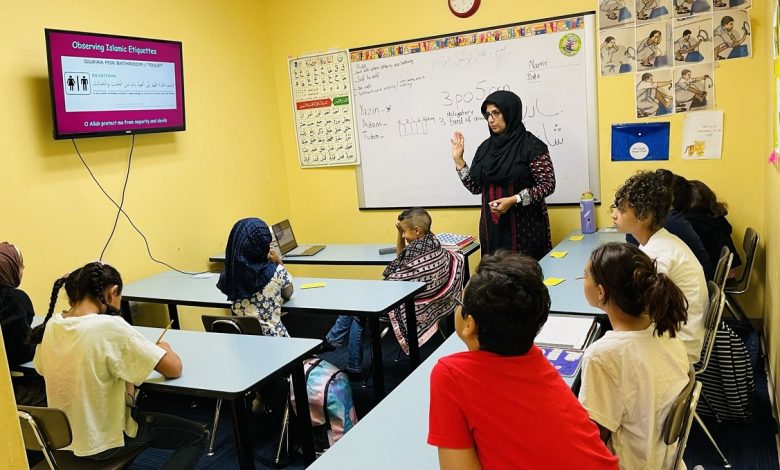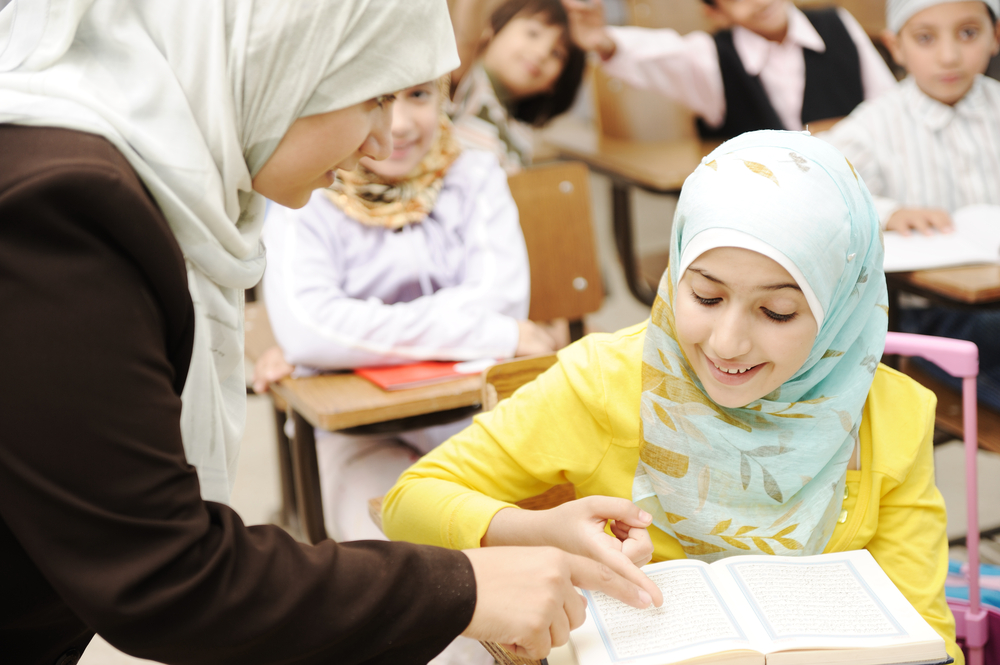Muslim Schools in the United States: Impact on Education and Identity
The role of Muslim schools in shaping identity, values, and future leaders in the United States

Education plays a central role in shaping communities, and for Muslims in the United States, schools are not only about academics but also about preserving faith, culture, and identity. Over the past several decades, Muslim schools in the USA have expanded rapidly, reflecting the needs of a growing Muslim population and the desire for educational spaces that align with religious and cultural values.
Growth of Muslim Schools in the U.S.
The rise of Islamic schools in the U.S. dates back to the mid-20th century, but they began to expand significantly in the 1980s and 1990s as immigrant communities from the Middle East, South Asia, and Africa sought institutions that combined American education standards with Islamic teachings.
Today, there are over 270 full-time Islamic schools across the country, serving tens of thousands of students. These schools range from small community-based institutions to large accredited academies offering advanced placement (AP) courses, extracurricular activities, and strong college preparation.

Curriculum and Structure
Muslim schools in the U.S. follow state education requirements while integrating Islamic studies, Qur’an memorization, and Arabic language instruction. Students learn math, science, and English alongside values such as compassion, respect, and service. Prayer times are accommodated within the school schedule, giving students a space to practice their faith without compromise.
The Impact of Muslim Schools
-
Identity Formation
For many Muslim American children, attending an Islamic school strengthens cultural and religious identity. Students grow up in an environment where their names, traditions, and practices are normalized, helping them build confidence. -
Academic Excellence
Research shows that Islamic schools often achieve strong academic results, with many graduates excelling in higher education. Schools emphasize discipline, respect for teachers, and parental involvement, which contributes to student success. -
Community Cohesion
Muslim schools serve as community centers, hosting cultural events, charity drives, and religious celebrations. They provide parents with a trusted environment where their children can grow while staying connected to faith. -
Countering Islamophobia
In a society where Muslims often face stereotypes, Islamic schools create safe spaces that allow children to thrive without the burden of constantly defending their identity. This contributes to mental and emotional well-being. -
Civic Engagement
Many Muslim schools encourage community service, preparing students to become active citizens who contribute positively to American society while holding on to their values.

Challenges Facing Muslim Schools
-
Funding: Many rely on community donations and tuition, which can limit resources.
-
Accreditation: Some schools struggle to gain recognition comparable to private or charter schools.
-
Integration: Balancing Islamic values with the demands of mainstream American education can be challenging.
-
Diversity: Muslim schools serve students from diverse backgrounds (Arab, South Asian, African, and American converts), which requires sensitivity to cultural differences.
The Future of Muslim Education in the U.S.
As the Muslim population grows, demand for high-quality Islamic schools will likely increase. Hybrid models—such as Islamic charter schools, weekend schools, and online academies—are already emerging. The next generation of Muslim Americans is benefiting from an education that prepares them for success while preserving faith and cultural pride.



